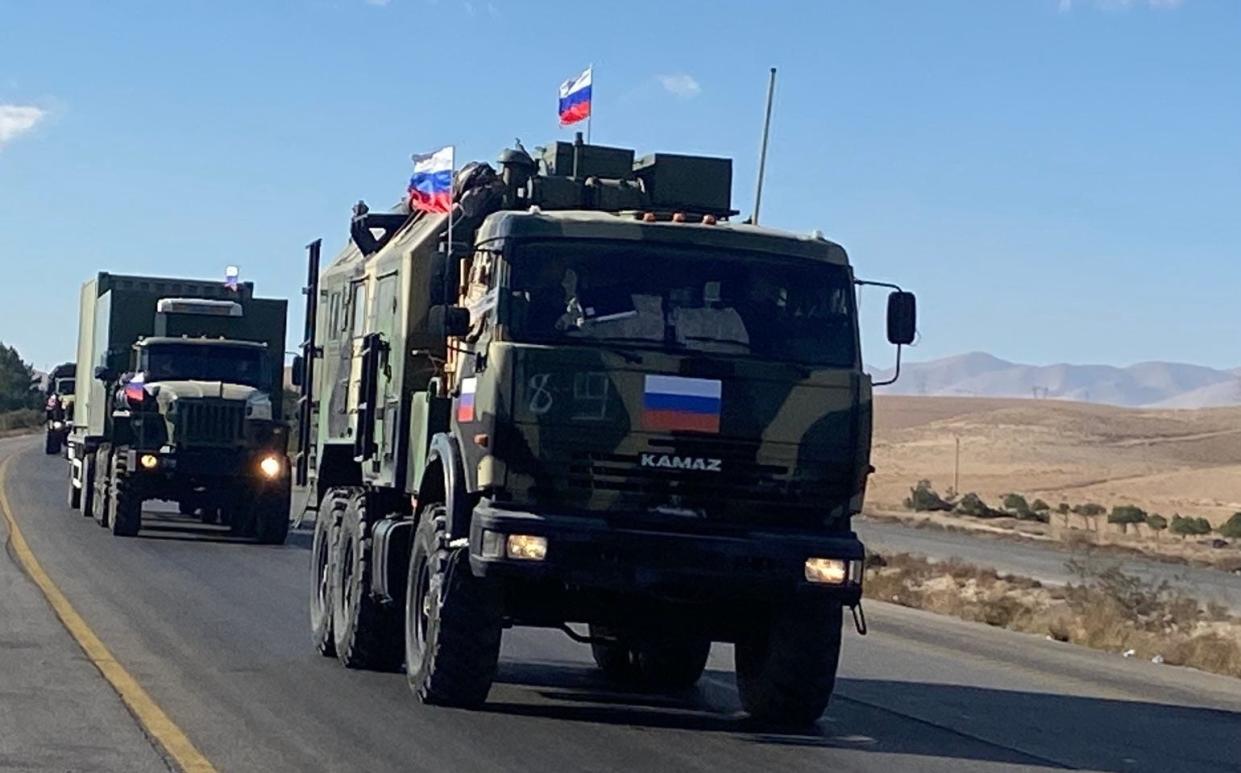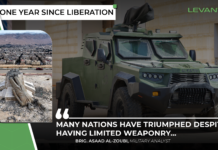
In a significant shift, Russia has begun direct dialogue with the Syrian Transitional Government (STG) and revolutionary forces, signaling a recalibration of its strategy following the overthrow of Bashar al-Assad’s regime. Deputy Foreign Minister Mikhail Bogdanov confirmed Thursday that Moscow has established contact with Hayat Tahrir al-Sham (HTS), one of Syria’s most influential revolutionary groups, as part of efforts to stabilize the war-torn nation.
Bogdanov described discussions with HTS as “progressing effectively,” expressing optimism that the group will honor commitments to maintain order and protect diplomats and foreign nationals in Syria. The move reflects Russia’s pragmatic approach to securing its interests while navigating the new reality of liberated Syria.
Despite the regime change, Russia intends to maintain its military presence at the Tartus naval base and the Hmeimim air base near Latakia. Bogdanov emphasized that these bases are critical for ongoing counterterrorism operations.
“The two bases remain operational, and their continued use has been requested by the Syrians to combat terrorist organizations like ISIS,” Bogdanov said, reaffirming Moscow’s commitment to fighting international terrorism.
In parallel efforts, Deputy Foreign Minister Sergei Vershinin held discussions with UN Special Envoy to Syria Geir Pedersen to explore pathways toward a political resolution. Russia’s Foreign Ministry emphasized the importance of a Syrian-led process that respects the country’s sovereignty and territorial integrity, in line with UN resolutions.
“The focus is on resuming the political process to achieve stability through dialogue that includes all Syrian parties,” the ministry stated, underscoring Moscow’s support for a comprehensive settlement reflective of the Syrian people’s will.
However, new developments suggest a major shift in Russia’s military strategy in Syria. According to a report in the Washington Post based on recent satellite images, Russia has begun dismantling its military equipment in Syria. The equipment being dismantled includes helicopters and advanced S-400 air defense systems, which are being prepared for transport back to Russian territory.
Locals have noted the withdrawal of several Russian military convoys from Damascus and its countryside towards the Syrian coastal region. Observers note that these movements could indicate preparations for the evacuation of key military bases.
The German News Agency reported, based on an internal memo from the German Ministry of Defense, that Russia is planning a complete evacuation of its military bases in Syria. The memo highlighted that the Russian naval unit stationed in the Mediterranean Sea has already left the port of Tartus, which Moscow has long regarded as a strategic naval hub in the region.
The document also revealed concerns about the future use of the Hmeimim air base in Latakia. The loss of the base could disrupt Russia’s logistical operations to North Africa, particularly in Libya, due to increased distances and the need for overflight permits from Turkey.
Numerous social media posts have shown convoys of Russian troops and equipment filling highways as they abandon previous deployments and bases across Syria. The dismantling of military infrastructure suggests a general recalibration of Moscow’s role in the Middle East and raises questions about its long-term influence in Syria.
Russia’s pivot highlights its desire to remain a key player in Syria while adapting to the new political and strategic realities. By engaging with revolutionary forces and the STG, Moscow aims to safeguard its strategic interests and maintain its role as a major stakeholder in the region. Yet, the withdrawal of military assets and personnel underscores the challenges Russia faces in balancing its commitments across Syria and beyond.
The move to dismantle military equipment and reallocate resources reflects Moscow’s shifting priorities, signaling a possible reduction of its footprint in Syria while focusing on other geopolitical concerns. This decision is expected to have major repercussions on Russian influence in the region and its operational capabilities in North Africa, especially Libya.








